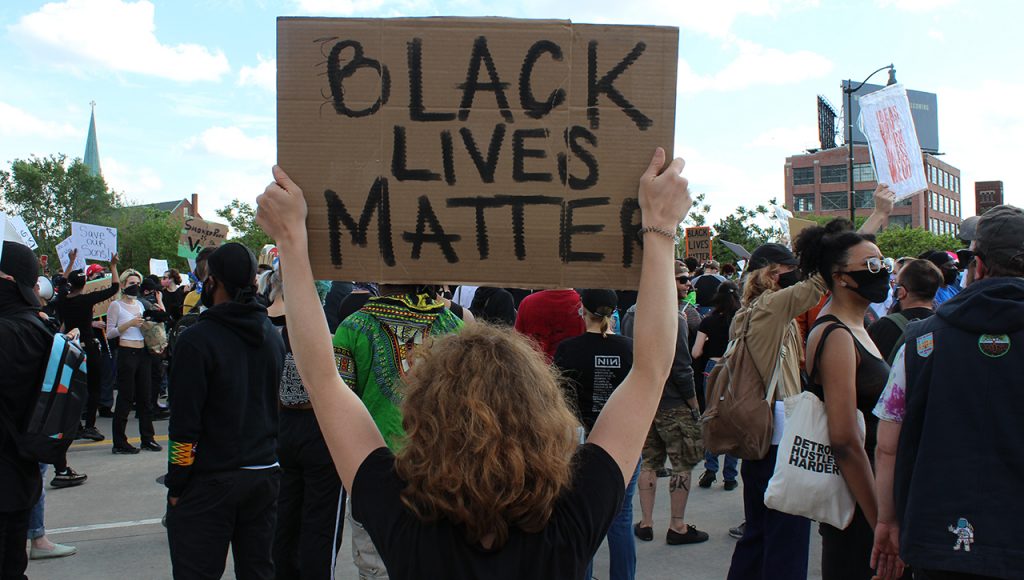Detroit Today: America’s Reconstruction era — and why it’s still relevant today
According to Dr. Peniel Joseph, the Reconstruction era never ended — it simply arises during certain periods of American history.

After the American Civil War ended in 1865, the Reconstruction era’s vision to counter the cruel legacy of slavery didn’t come to fruition for decades. Instead, a backlash to that movement won, ushering in a period of entrenched anti-Black racism in the U.S.
According to University of Texas historian Dr. Peniel Joseph, a second Reconstruction era dawned in the 1960s when Black activism inspired legislation and social change. The civil rights movement brought hope that it would finally level the playing field for African Americans.
In recent years, Joseph suggests we’re undergoing a third wave of Reconstruction era values and actions, manifesting in the Black Lives Matter protests against police violence, calls for police and criminal justice reform, a resurgent feminist movement, and the advancement of reparations for Black Americans whose ancestors tie directly to American slavery.
Listen: How the original Reconstruction era bleeds from the past into today
Guest
Dr. Peniel Joseph is a historian at the University of Texas and released his most recent book, “The Third Reconstruction: America’s Struggle for Racial Justice in the Twenty-First Century,” last September. Jospeh says the Reconstruction era never ended — it simply arises during particular periods of American history.
“We are in a Reconstructionist period and the Biden administration is a Reconstructionist administration,” says Joseph.
Trusted, accurate, up-to-date.
WDET strives to make our journalism accessible to everyone. As a public media institution, we maintain our journalistic integrity through independent support from readers like you. If you value WDET as your source of news, music and conversation, please make a gift today.
